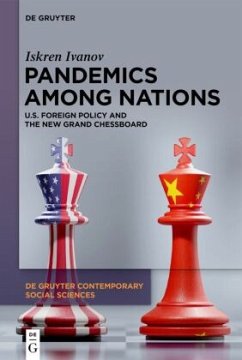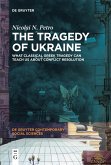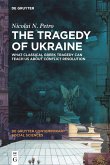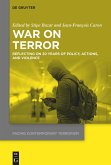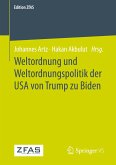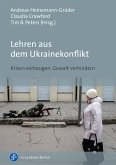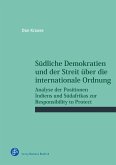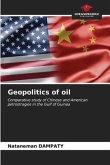The end of the Cold War marks the geopolitical peak of America's global primacy. The centerpiece of U.S. Foreign Policy in the pre-pandemic world order was the assumption that promoting human rights and democracy will secure peace. However, the Coronavirus Pandemic challenged the U.S.-dominated globalized order. The international system in the post-pandemic age embodies a paradox of the American primacy and the Chinese struggle for global domination. Pandemics Among Nations: U.S. Foreign Policy and the New Grand Chessboard addresses the geopolitical puzzle of the post-pandemic world order and seeks to explain how COVID 19 has remastered Brzezinski's theory of the Grand Chessboard. In this book, Ivanov offers a two-level approach, emphasizing the consequences of the Pandemic and their impact on U.S. Foreign Policy. He also argues that if the United States wants to maintain its leadership in the post-pandemic world order, Washington should develop a new concept of smart power to deter the Chinese Art of War.
The foremost goal of Pandemics Among Nations is to analyze how America could overcome the geopolitical effects of the Pandemic. The author examines three possible scenarios for the future role of the United States on the post-pandemic Chessboard. The analysis rests on the testing of a series of research hypotheses across a structured comparison of all elements of the remastered Grand Chessboard, not just on isolated case studies such as China's rise, Russian New Imperialism or European ambitions for a mutual defense.
The foremost goal of Pandemics Among Nations is to analyze how America could overcome the geopolitical effects of the Pandemic. The author examines three possible scenarios for the future role of the United States on the post-pandemic Chessboard. The analysis rests on the testing of a series of research hypotheses across a structured comparison of all elements of the remastered Grand Chessboard, not just on isolated case studies such as China's rise, Russian New Imperialism or European ambitions for a mutual defense.

